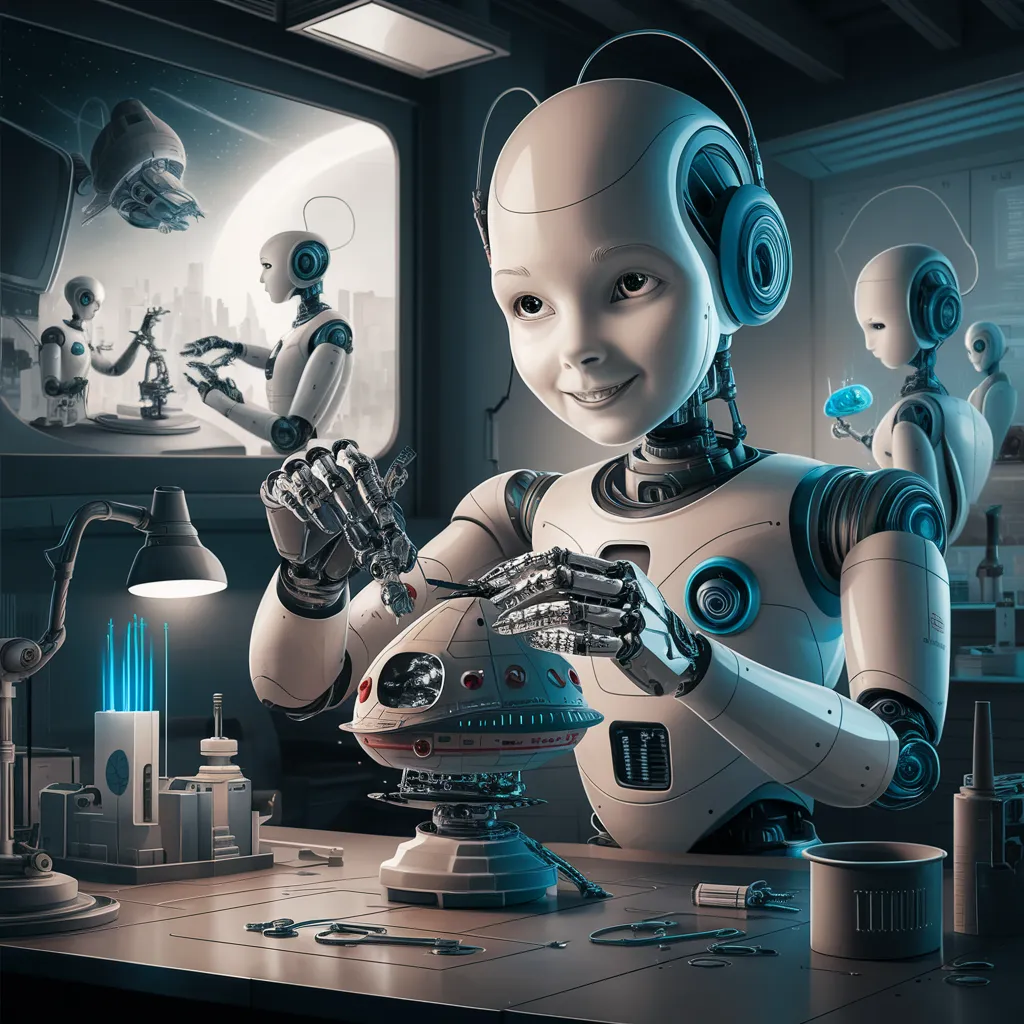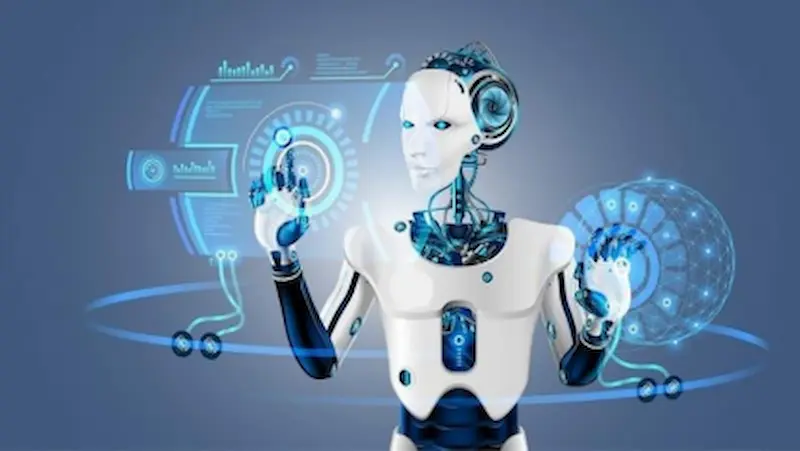
The Future of Robots: Transforming Our World
Introduction to Robotics
As technology continues to advance, the future of robots is an exciting and rapidly evolving field. From automated factories to personal assistants, robots are becoming an integral part of our lives. This blog post explores the future of robotics, the innovations on the horizon, and how these machines will transform various industries and everyday life.
What Are Robots?
Robots are programmable machines capable of carrying out a series of actions autonomously or semi-autonomously. They can be designed for a wide range of applications, from industrial automation to personal assistance. The integration of artificial intelligence (AI) and machine learning is enhancing their capabilities, allowing them to learn from experiences and perform complex tasks with increasing efficiency.
Key Trends Shaping the Future of Robotics.
Increased Automation in Industries
One of the most significant trends is the rise of automation in various industries. Manufacturing, logistics, and agriculture are increasingly adopting robotic solutions to enhance productivity. Robots can perform repetitive tasks with precision, reducing errors and lowering labor costs. For instance, in manufacturing, collaborative robots (cobots) work alongside human operators to streamline production processes.

Advancements in AI and Machine Learning
The integration of AI and machine learning is revolutionizing robotics. These technologies enable robots to analyze vast amounts of data, learn from their environment, and adapt to changing conditions. As robots become smarter, they will be able to perform more complex tasks, such as understanding human emotions and responding accordingly. This will enhance their applications in healthcare, customer service, and personal assistance.
Healthcare Robotics
The healthcare sector is poised for a significant transformation with the introduction of robots. Surgical robots, for instance, enhance precision during operations, leading to faster recovery times and reduced risk of complications. Additionally, robotic exoskeletons are helping patients regain mobility after injuries. As telemedicine expands, robots equipped with AI will assist in remote consultations and diagnostics.
Autonomous Vehicles
Self-driving cars are a prominent example of robotics in everyday life. Companies like Tesla and Waymo are at the forefront of developing autonomous vehicles that promise to reduce accidents and improve traffic flow. As this technology matures, we can expect a shift in urban transportation, with robots playing a crucial role in logistics, ride-sharing, and public transport.
Service and Domestic Robots
The demand for service and domestic robots is on the rise. From vacuuming robots like Roomba to advanced personal assistants like Amazon’s Alexa, robots are becoming common in homes. In the future, we may see robots that can cook, clean, and even provide companionship. As technology advances, these robots will become more intelligent, capable of learning individual preferences and adapting to users’ needs.
Challenges Facing the Robotics Industry.
Ethical Considerations
The rise of robotics raises ethical questions about job displacement, privacy, and security. As robots take over tasks traditionally performed by humans, there will be concerns about unemployment and the need for retraining.
Regulation and Safety
Ensuring the safety and reliability of robots is paramount. Regulatory frameworks must be developed to govern the use of robots, especially in critical sectors like healthcare and transportation. Additionally, measures must be in place to protect against hacking and misuse of robotic technologies.
Public Acceptance
For robots to become fully integrated into society, public acceptance is crucial. Education and awareness campaigns can help demystify robotics and showcase their benefits, addressing fears and misconceptions.
The future of robots is bright, with advancements in technology promising to revolutionize various industries and improve our daily lives. From enhancing productivity in manufacturing to providing care in healthcare settings, robots are set to play a vital role in shaping the future. While challenges remain, embracing the potential of robotics will pave the way for innovation and progress. As we move forward, it’s essential to balance technological advancement with ethical considerations, ensuring a future where humans and robots coexist harmoniously.


